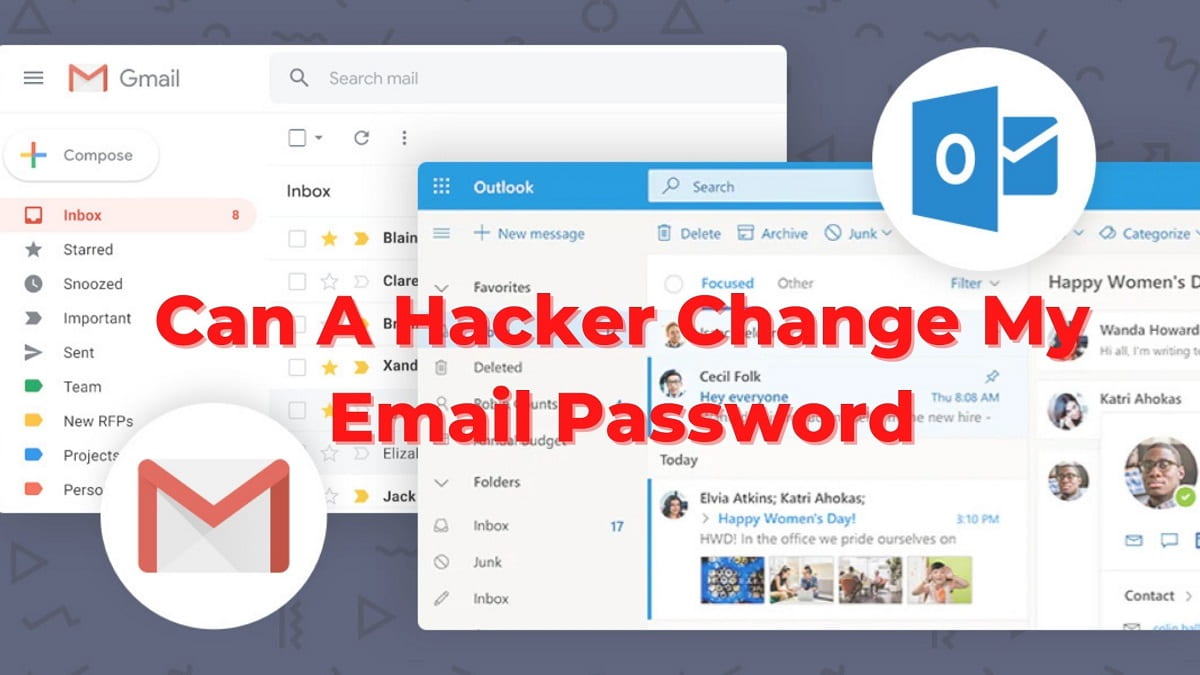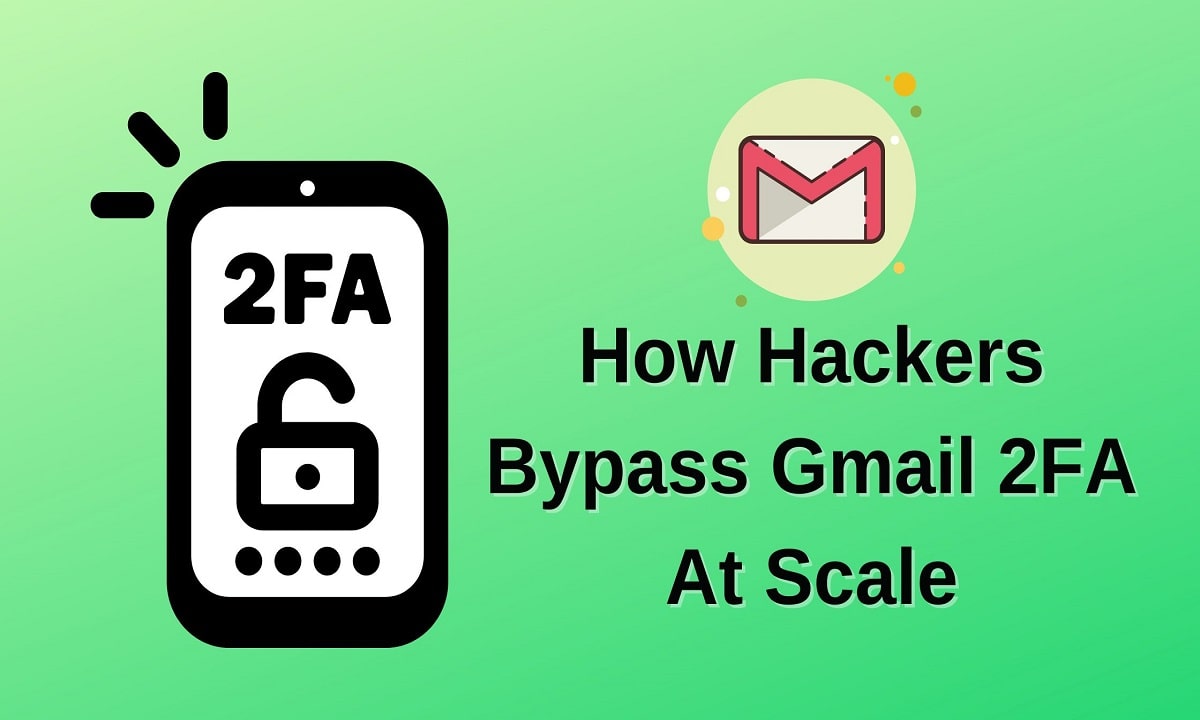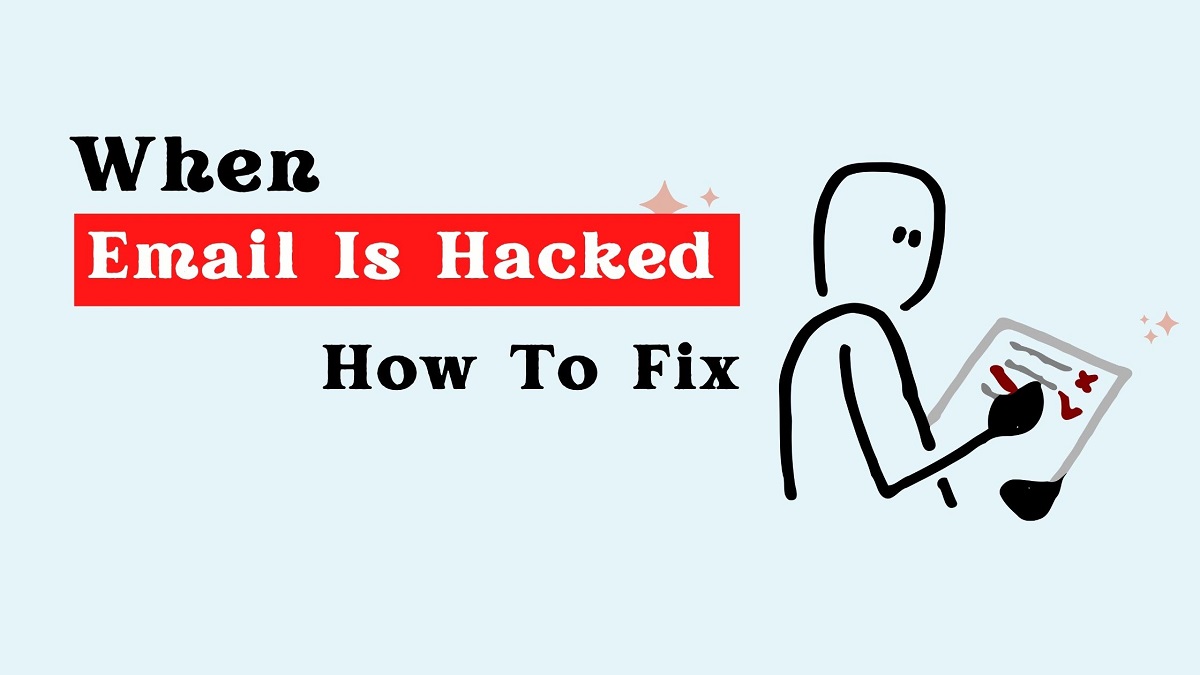We all know that our email account is one of our most important online assets. We rely on these accounts to store important personal information, send and receive emails, and conduct business. No one wants their email account hacked, but unfortunately. It happens to many people. In this article, we will talk about how a hacker can change your email password. This article will discuss how a hacker can change my email password.
What Is a Hacker and Why Do They Exist?
Hackers use their skills and knowledge of computers to break into other people’s systems. They do this for fun, to learn new things, or to make money. Sometimes, hackers get lost in the excitement of breaking into systems. And hackers can do things that damage or even destroy information. Hackers can be young or old, male or female, and from any background. So they come from all walks of life and from all over the world. People search for hackers to hire a hacker.
Types of Hackers
There are many types of hackers, such as:
External:
External hackers hack into networks and systems that are not their own. They can be classified into two groups: white-hat hackers and black-hat hackers. White-hat hackers are usually affiliated with organizations that use the information. They help to improve the security of the systems they hack into. On the other hand, Black-hat hackers are usually criminals who break into systems to steal data or disrupt operations.
Internal:
Internal hackers are a different breed of hackers. They are the ones who hack within their own company. So, they may be looking for information, passwords, or other sensitive data. They may also want to damage the company’s reputation or cause financial loss. Internal hackers can be very dangerous and should be avoided if possible. You can hire social media hackers.
Opportunistic:
Opportunistic hackers are in it for the thrill of the chase and the challenge of defeating security measures. This type of hacker is often quick to take advantage of a vulnerability and is not afraid to experiment. They typically prefer to attack less secure systems or those they believe are less defended. This type of hacker is only sometimes malicious.
Can a Hacker Change My Email Password?
Most people are surprised to learn that their email passwords can be hacked. A hacker can search your inbox and find your login information for other websites, such as your bank or email account. If you last changed your password a while ago, use the same one for all of your accounts. A hacker could gain access to them all. Changing your password on all your accounts and using different passwords for different websites is essential.
How Can a Hacker Get Your Email Password?
Email passwords are one of the most commonly stolen pieces of information. Hackers can access your email account by finding your password or using a phishing attack.
Here are some ways hackers can get your email password:
– By finding out what you have been using as your password on other websites and accounts.
– Gaining access to your email account through a breach in security.
– By tricking you into revealing your password when you are asked to join a new email account or sign in to an existing one.
– Via text message or phone call asking for personal information such as bank account numbers, Social Security numbers, or dates of birth.
– By finding out what websites you visit frequently and then using those sites’ passwords to access your email account.
How Hacker Attack: What Methods Are They Using to Get into Our Accounts?
Hackers are constantly evolving and finding new ways to attack our accounts. So they use various methods to get into our bills. However, some of the most popular include phishing emails, fraudulent websites, and infected software.
Phishing emails are the most common way hackers attack our accounts. They trick us into opening an email that looks like it’s from a trusted source but contains malicious content. For example, an email may look like it’s from your bank or another company you frequent. But if you click on the link in the email. You could be taken to a fraudulent website that tries to steal your data.
Fraudulent websites are another famous way hackers attack our accounts. They set up fake websites that look exactly like the real ones we use every day.
The Risks of Hacking and Password Theft

There are several risks associated with hacking and password theft. Some of these include the risk of identity theft, financial fraud, and even physical harm.
- Hackers can access personal information, such as bank account numbers and Social Security numbers if someone’s passwords are stolen.
- Passwords can also be used to gain unauthorized access to online accounts, including email accounts, social media profiles, and gaming accounts.
- If someone’s computer is hacked, hackers may be able to steal sensitive information or even launch cyberattacks against other computers.
- Password management tools can help protect against these risks by assisting users in creating strong passwords and storing them securely on their devices.
- Users should also regularly update their passwords and use different passwords for different sites and services to avoid being locked out of their accounts altogether.
Email Password Security Tips
If you use a password manager, make sure to:
- Use a unique password for each account.
- Create complex passwords with at least eight characters.
- Change your passwords regularly and create a backup of your current password if you can’t remember it.
- Don’t share your passwords with anyone.
- Use two-factor authentication whenever possible to increase the security of your email account.
Conclusion
After reading this article, we hope you know whether a hacker can change my email password. It’s essential to be vigilant about keeping your email password secure. Suppose you suspect that your password has been compromised. And also, for email problems, you get email hackers for hire. So you can change it immediately. In the meantime, take some simple steps to protect yourself, like not using easily guessed words and always using a unique password for every site.



